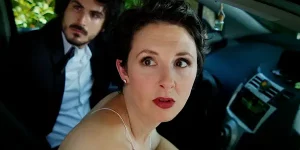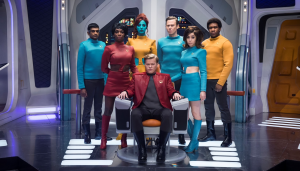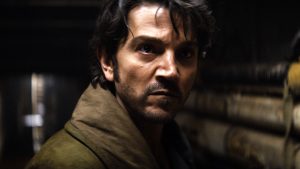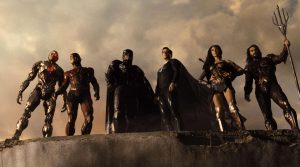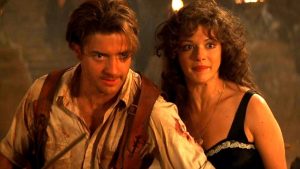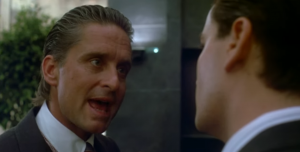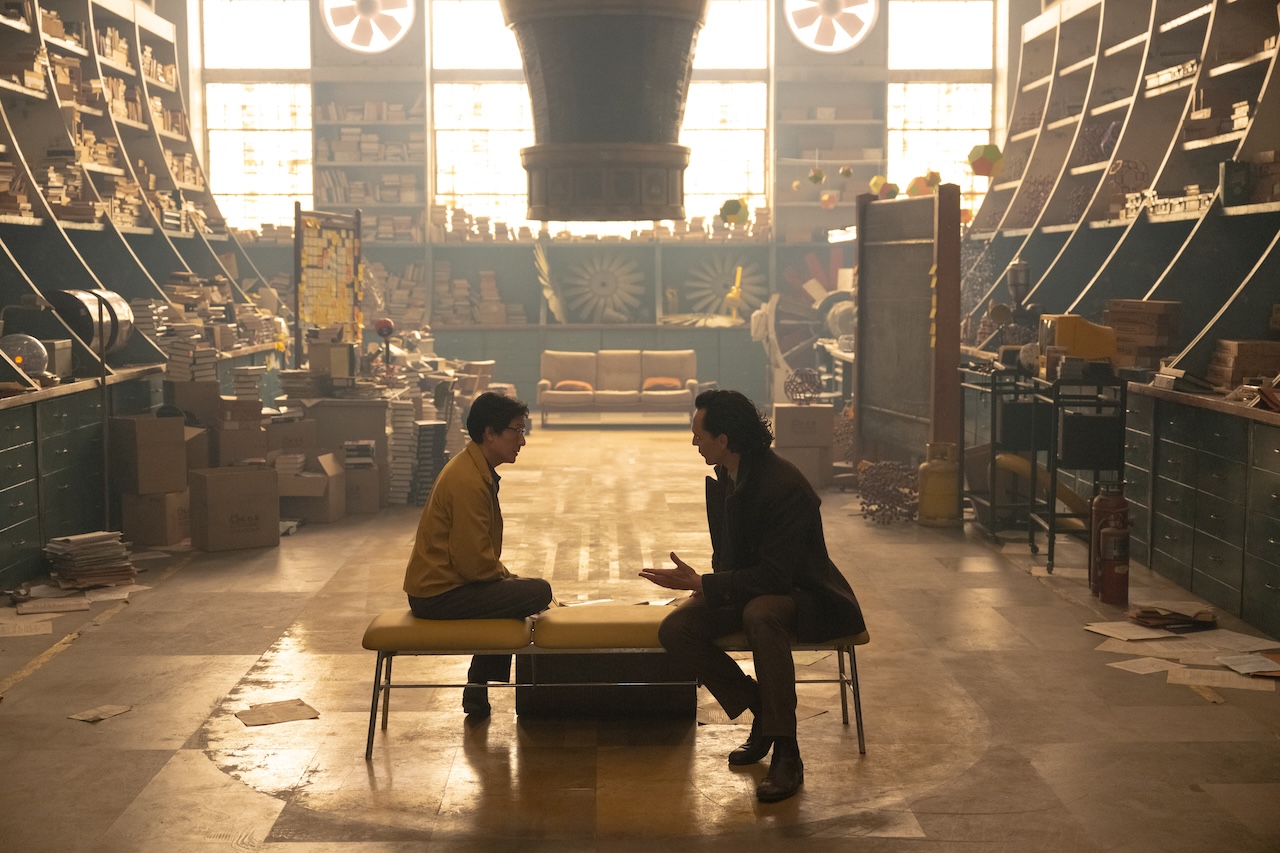
This post contains spoilers for Loki
What, exactly, has been Loki‘s glorious purpose? The second season debuted at a fallow point in the Marvel Cinematic Universe, with troubles both onscreen and off. But the show has proven to be remarkably entertaining, building to a penultimate episode that stands among the best things that Marvel has ever done.
After the explosion of the temporal loom in episode four, episode five found Loki time slipping to various timeline branches, gathering Casey, Mobius, and other members of the TVA, who are apparently living their pre-TVA lives. With the help of OB, Loki gathers the TVA team together, hoping to prevent reality from devolving into spaghetti.
The episode ends with Loki realizing that he can control his time slips and bring himself to any point in time, going back before Victor Timely exploded into silly string. What does this mean for the finale and for the MCU? The internet has ideas!
The predominate theory is that Loki is recreating the TVA, taking the place of He Who Remains and becoming the new man behind the Time Keepers. It may even be that Loki has always been the true creator of the TVA – the ultimate ouroboros in a series filled with grandfather paradoxes. Alternately, Loki may be making a new TVA to battle Kang Variants, which may or may not be the original goal of the TVA.
Others aren’t so quick to shove aside He Who Still Remains. Pointing to HWR’s dialogue at the end of season one, in which he assures Loki and Sylvie that he “paved the way” for their journey, these viewers believe that He Who Remains foresaw all of this, from Sylvie’s attack, to Victor Timely’s dissolution, to Loki timeslipping.
That interpretation is in keeping with a recent Variety article, which quotes an anonymous source who has seen the finale. “Marvel is truly fucked with the whole Kang angle,” says the source, indicating that Jonathan Majors plays a major role in episode six. “And they haven’t had an opportunity to rewrite until very recently … But I don’t see a path to how they move forward with him.”
Other theories see this as the beginning of Loki’s new role and deification in the MCU. Following the discussion of fiction from O.B.’s author variant A.D. Doug, these commenters see Loki becoming the God of Stories. At the end of the episode, upon realizing he can control his time slipping, Loki observes, “It’s not about when, where or why, it’s about who.” As the camera pushes onto him, he declares, “I can control the story.”
In this scenario, he would no longer just an Asgardian alien with powers confusing to humans. Loki would truly become a god, moving to any point and altering things as he wishes. If he wants, he could go back to 2008 and move a Stark Industries bomb a few meters away, preventing the injury that forced Tony Stark to become Iron Man. He could disrupt Stark’s research equipment, leaving Steve Rogers forever stuck in ice. He could visit the Bowie a few months ago and make sure that Drax saves a zargnut for Mantis. The possibilities are endless.
With the ability to rewrite Marvel history, some fans wonder if Loki is soft-rebooting the MCU, something hinted in the aforementioned Variety article. If so, they would be following Flashpoint and Doomsday Clock at DC, in which Barry Allen and Dr. Manhattan recreated the universe according to their memories and desires.
It may not be a theory, but my personal hope involves a combination of many of these. As Loki reconstructs the TVA, he finds himself in the position of He Who Remained In An Alternate Reality. He becomes the one pulling strings and altering events, regardless of the desires of those he affects. To those people, Loki appears to be a villain once again, a trickster who distorts reality to maintain control and power.
But to Loki, all of these choices are for the greater good, acts of benevolence that keep the most people safe and alive (and, you know, lets him be with his friends). A glorious purpose indeed.
The post Loki’s Big Episode 5 Twist Prompts Wild Finale Theories appeared first on Den of Geek.
